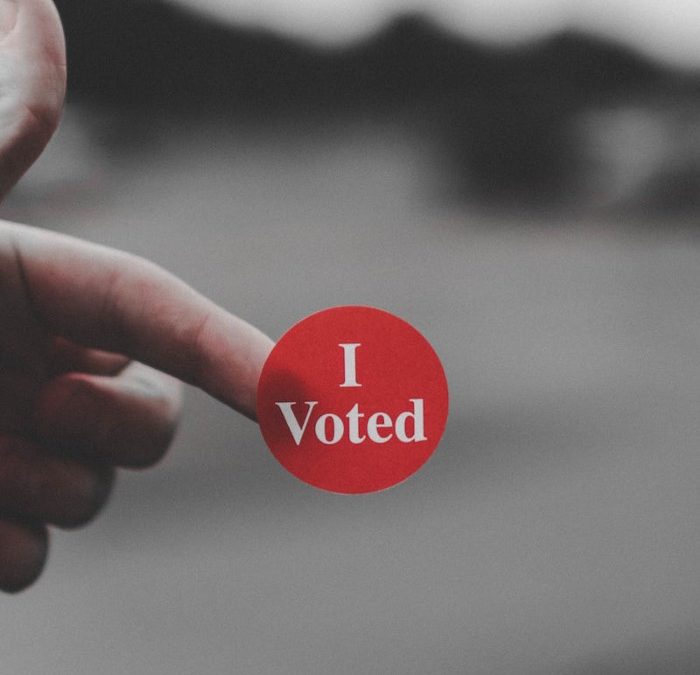This week I voted.
In President Obama’s State of the Union address, he said, “We can restore an economy where everyone gets a fair shot, and everyone does their fair share, and everyone plays by the same set of rules.”
In President Trump’s State of the Union address, he said, “There has never been a better time to start living the American Dream…a clear vision and a righteous mission — to make America great again for all Americans.”
Everyone.
All Americans.
Both leaders speak to the deplorable inequality in our country today. Depending on your political bent, the best way to address this inequality differs. If you’re on the left, you’ll likely favor universal health care. If you’re on the right, you might favor job creation.
Whatever the specific approach to solving the problems of inequality, everyone agrees that they exist.
If you do a Google Scholar search for “inequality aversion,” you’ll find over 10,000 papers on the topic. The studies, ranging from highly controlled lab experiments to broad field research, all point to a similar conclusion:
Our aversion to inequality is universal.
In fact, the desire for equality seems to be so overriding that people in lab experiments often prefer equal outcomes where everyone gets less overall to unequal outcomes where everyone gets more overall.
So it was perplexing to me that more recent studies show that people really aren’t all that worried about large economic disparities. In fact, in one study, participants believed that people in the top 20% should have more than three times the amount of money as those in the bottom 20%.
And these results have been replicated in 17 different countries, across people on both the left and right of the political spectrum, and across different ages.
This made no sense to me.
How can I make sense of these results in light of everything we always believed was true about how we view economic inequality?
A recent Forbes article helped me understand this question by arguing that in a competitive democracy, some people will always win and others lose. Most of us tend to accept this, as long as everyone gets a fair shot at it. But what we find more unacceptable is when the powerful take advantage of their position to grab an unfair slice of the pie.
That’s more than simply inequality. That’s unfairness. And that’s what really bothers us and undermines trust in our system.
I wonder what the leaders we elected this week will do to ensure a more fair and even playing field? What I think they’re likely to do is support measures that give “unfair” advantage to those who provided the money to get them elected.
What would have to happen in our system to actually address “unfairness?”


Hello Marlena, You are obviously back in the saddle of blogging provocative, challenging posts. Hard to answer what it would take to address “unfairness.” But there are some obvious unfairnesses that could be addressed if we put aside partisan politics and dealt ethically with issues of what it is we humans need: quality education for all that lays the groundwork for a fair shot for all; access to healthcare and adequate nutrition for growth and development; wages to support a life–when a full-time hard worker does not earn enough to have a place to live, pay utilities, insurance, save something . . . These are basics that should be available in our advanced society. Having said it once, I’ll repeat–put aside partisan politics. That’s what strikes me now as one answer.
Pat, as always, a very thoughtful response! Of course, putting aside partisan politics is sort of like putting aside being human, isn’t it?